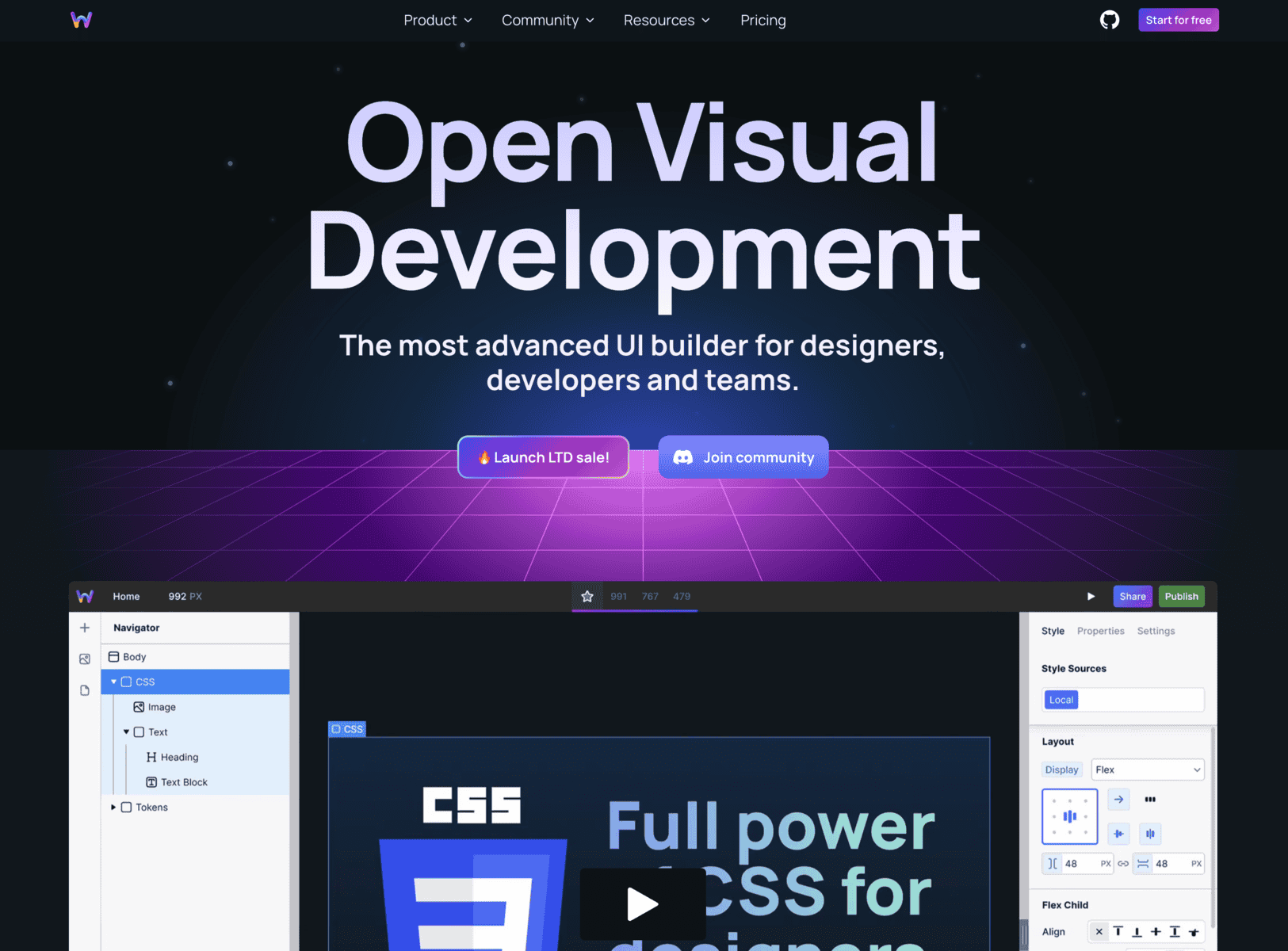When choosing between cloud hosting and dedicated servers, many companies get confused. They ask themselves “Should I go with cloud hosting or dedicated servers?”
There are pros and cons to both types of server hosting. In this article, we’ll explore each type of server hosting and how they differ from each other. We’ll also look at the advantages and disadvantages of each type of server hosting.
Once you understand the differences between cloud and dedicated servers, you’ll be able to make a smart decision based on your needs.

What’s the Difference Between Cloud and Dedicated Servers?
Dedicated servers are physical computers that run their own operating system (OS) and applications. These servers are usually located in data centers owned by large corporations. The company owns all the hardware and software for the server. This means that it can install any OS and application it wants without having to worry about compatibility issues.
Dedicated servers are ideal for those who need complete control over their environment. If you’re running an e-commerce website, for example, then you may want to use a dedicated server because you don’t have to share resources with anyone else. You can also choose a dedicated server if you want to host multiple websites on one machine.
The downside to using a dedicated server is that you must pay for the entire server upfront. Once you’ve paid for the server, you cannot change anything about it. For example, if you decide later that you’d like more RAM, you will have to buy another server.
A cloud server is similar to a dedicated server except that instead of being physically located in a data center, it runs its own virtualized version of Windows or Linux. A cloud server is hosted by a third-party provider such as Amazon Web Services (AWS), Rackspace Hosting, GoDaddy, etc.
A cloud server offers several benefits over a traditional dedicated server. First, you do not have to purchase the entire server up front. Instead, you only pay for what you use. Second, you can scale your cloud server capacity up or down as needed. Third, you can easily move your web site to another cloud server when you outgrow your current setup.
You should consider a cloud server if you want to save money while still maintaining full control over your server. With a cloud server, you can start small and grow into a larger server as your business grows.
What are the advantages of a dedicated server?

1. Control
If you’re looking for total control over your server, then a dedicated server is probably right for you. You can install whatever OS and applications you want. You can even create custom configurations for your server.
2. Performance
A dedicated server gives you better performance than a shared server. It has all the resources it needs to handle high traffic loads.
3. Security
With a dedicated server, you get complete security. Your data is stored on your own computer, so no one else can access it. Also, you can set permissions to restrict access to certain files and folders.
4. Scalability
Unlike a cloud server, a dedicated server does not automatically scale up or down as demand changes. However, you can add additional hard drives or memory to increase your server’s storage space and processing power.
5. Reliability
When you use a dedicated server, you know exactly where your data is stored. There are fewer moving parts in a dedicated server, which makes it less likely to fail.
What are the disadvantages of a dedicated server?
1. Cost
Dedicated servers cost more than shared servers. They require more initial capital investment.
2. Maintenance
Because they are self-contained, dedicated servers require more maintenance. You’ll need to keep them updated, monitor them, and troubleshoot any problems yourself.
3. Space
Dedicated servers take up much more physical space than shared servers. This means that you may need to rent extra space to house your server.
What are the advantages of cloud servers?

1. Flexibility
Cloud servers offer flexibility because you don’t have to commit to buying an entire server up front. You can simply pay for what you use with monthly subscription fees.
2. Speed
Cloud servers are faster than dedicated servers. Because they run their own operating system, they don’t have to share resources with other users.
3. Availability
Cloud servers are always available. If something goes wrong, you can just log back in and continue working.
4. Scalable Capacity
Cloud servers allow you to expand your server capacity as your business grows. If you outgrow your current server, you can simply migrate your website to a new cloud server.
5. Reliable
Like dedicated servers, cloud servers are reliable. The data is stored on your computer, so there are fewer moving parts.
What are the drawbacks of cloud servers?
1. Limited Resources
Cloud servers are limited by the amount of resources available. For example, if you exceed your bandwidth limit, your site won’t load properly.
2. Lack of Control
You don’t have full control over your cloud server. You can only manage the software and settings, but you cannot change the underlying hardware.
3. Security Issues
Since cloud servers depend entirely on online tools, it is also susceptible to a lot of security risks.
How do I choose between cloud and dedicated servers?
Both cloud and dedicated servers are viable options. It depends on your needs. If you’re looking for a quick solution, then a cloud server could work well for you. But if you’re planning to grow your business in the future, then you might want to invest in a dedicated server.
However, the best way to decide whether to use a cloud or dedicated server is to consider how much money you want to spend. A cloud server is cheaper than a dedicated server, but it requires more maintenance. On the other hand, a dedicated server costs more initially, but it doesn’t require ongoing maintenance.
In addition, you should consider how much traffic you expect to receive from visitors. If you’re expecting a lot of traffic, then you might benefit from using a cloud server. However, if you anticipate low traffic, then you might prefer a dedicated server.
Conclusion
Both dedicated and cloud servers have their pros and cons. Learning to distinguish what will fit you and your site depends on being aware of your needs. If you are not sure still what to choose between the two of them, connect with us today and we will guide you.


